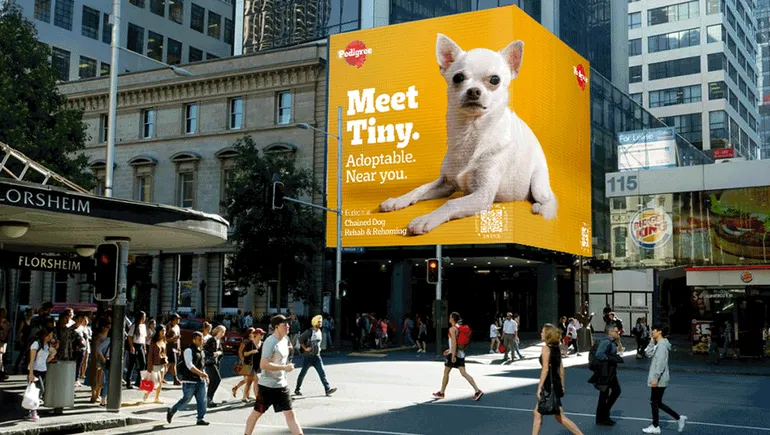
Unilever bans use of 'normal' in beauty packaging, ads in bid to break stereotypes
Dive Brief:
- Unilever will cease use of the word “normal” in the advertising and packaging of its beauty and personal care brands, according to an announcement. The company also said it will end digital alterations to the body shape, size, proportions and skin color of its models, while increasing the number of ads featuring people from underrepresented groups.
- The changes come as part of a new Positive Beauty platform the packaged goods giant is implementing to diversify beauty ideals, a mission the organization views as more important as its products now reach 1 billion consumers globally.
- Unilever is tying the initiative to a pledge to regenerate 1.5 million hectares of land, forests and oceans by 2030 and to support a ban on animal testing in the development of cosmetics by 2023. It’s the latest sign that Unilever is broadening a sustainable focus as cause-oriented brands become larger drivers of growth for the business.
Dive Insight:
Unilever attempts to meld diversity and sustainability initiatives together with the unveiling of Positive Beauty, a new global business strategy that scrubs the word “normal” from its marketing while pledging to ramp up the number of underrepresented groups across its beauty and personal care advertising. A hero video explains scenarios where the concept of “normal” can be limiting or outright discriminatory, such as the assumption that it’s normal for Black girls to be suspended from school because of their hair.
[embedded content]“With one billion people using our beauty and personal care products every day, and even more seeing our advertising, our brands have the power to make a real difference to people’s lives,” Sunny Jain, president of Unilever Beauty & Personal Care, said in a press statement. “We know that removing ‘normal’ from our products and packaging will not fix the problem alone, but it is an important step forward.”
In addressing these issues, Unilever acknowledges that the beauty and personal care category has often contributed to harmful or limiting stereotypes. The company, which owns brands like Dove and Vaseline, ran a study of 10,000 global consumers that revealed 56% of respondents believe the beauty and personal care industry makes people feel excluded. Seven in 10 of those surveyed said the use of “normal” in product materials and marketing creates a negative impact, a portion that swelled to eight in 10 when breaking out consumers ages 18 to 35. Seventy-four percent of respondents said they want beauty and personal care brands to put more effort into making people feel better rather than merely looking better.
Unilever has faced a reckoning in recent months for its role in propping up what some view as exclusionary ideals of beauty. Last summer, in the wake of mass protests for racial justice around the world, the packaged goods giant removed the words “fair/fairness,” “white/whitening,” and “light/lightening” from its packaging and communications. The move included rebranding skin-lightening line Fair & Lovely, mostly popular in Asia, as Glow and Lovely. Some critics saw the changes as purely cosmetic, per Forbes, believing the concept of a skin-lightening product is problematic in and of itself.
The controversy was another instance of Unilever going through a painful adjustment after years of serving as one of the models of purpose-driven marketing through brands like Dove and its Real Beauty platform. More recently, global CPGs have faced pressure over their sourcing of ingredients like palm oil, which has been tied to severe labor abuses in countries such as Malaysia and Thailand, an Associated Press investigation revealed. The AP described Unilever as “one of the biggest palm oil buyers for consumer goods.”
Unilever in January released a wide-ranging plan for combatting two issues it views as the biggest existential threats to society: climate change and social inequality. Part of the strategy is to feature more diverse groups in its advertising, both in front of the camera and on the production end. Positive Beauty looks to forward some of those efforts, ramping up brand programs that “challenge the status quo,” per the announcement, while expanding existing initiatives around areas like hand-washing and oral hygiene.





